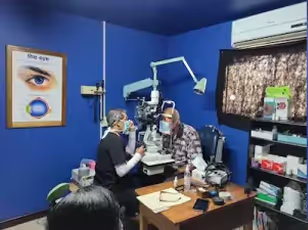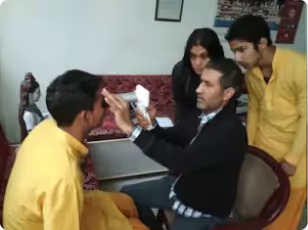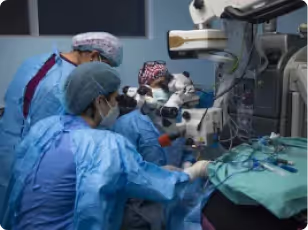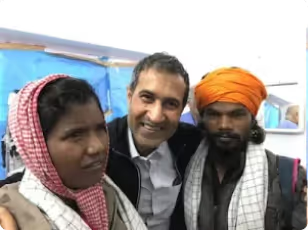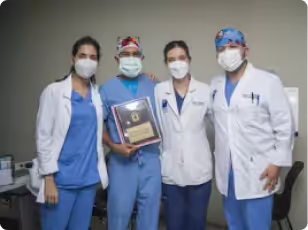CAUSES
Support Our Retina and Glaucoma Surgery
Diabetic retinopathy remains a leading cause of irreversible blindness worldwide, posing a significant public health challenge. According to the World Health Organization’s 2019 Vision Report, approximately 146 million people globally are affected by some degree of diabetic retinopathy, a figure likely to have grown due to rising diabetes prevalence.
Early diagnosis and timely intervention are critical to preventing permanent vision loss, as the condition often progresses asymptomatically in its initial stages. With the global incidence of diabetes surging—particularly in developing regions such as Latin America, Southeast Asia, and parts of Africa—the burden of diabetic retinopathy is escalating at an alarming rate. This shift in diabetes prevalence towards low- and middle-income countries has created an epidemic, exacerbating the challenges of limited access to specialized eye care and affordable treatment options in these regions. The increasing prevalence of diabetic retinopathy in developing nations is compounded by systemic barriers, including a shortage of trained ophthalmologists, inadequate healthcare infrastructure, and financial constraints that prevent patients from seeking timely care.
These challenges underscore the urgent need for innovative, scalable solutions to address both diagnosis and treatment gaps. To tackle this crisis, our foundation, in partnership with the Belize Council for Visually Impaired (BCVI), is implementing strategies to optimize existing healthcare resources. A key component of this approach involves empowering on-ground optometrists and technicians to play a pivotal role in the early detection of diabetic retinopathy. By training and equipping the team with portable fundus cameras for outreach programs, we aim to alleviate the burden on the limited pool of ophthalmologists, enabling visiting retina surgeons to focus on delivering critical treatments such as laser therapy, intravitreal injections, or surgical interventions.

This collaborative model not only enhances the efficiency of eye care delivery but also ensures that patients in underserved areas receive timely screenings and referrals. Looking ahead, we are optimistic about the transformative potential of artificial intelligence (AI) in revolutionizing diabetic retinopathy management. Our foundation is actively exploring partnerships with technology developers, healthcare providers, and local governments to pilot and scale AI-based screening programs. By combining grassroots efforts, strategic partnerships, and cutting-edge technology, our foundation and BCVI aim to create a sustainable, equitable model for combating diabetic retinopathy and preserving vision for millions worldwide.
.png)

